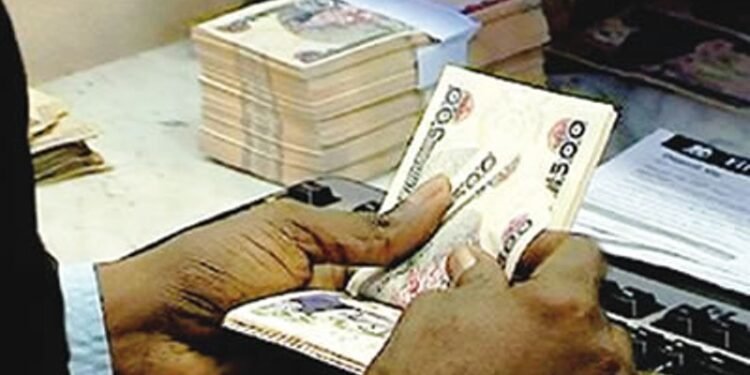(Greenwich Merchant Bank): Credit conditions continued to improve in the fourth quarter, as broad-based growth in secured, unsecured and corporate facilities indicate an improvement in macroeconomic conditions according to the latest Survey by the Central Bank of Nigeria (CBN) amid a push by credit suppliers to increase their market share.
According to the CBN, demand for loans is thus expected to bounce back, as the economy reopens, and businesses scurry out of the hands of the ravaging coronavirus pandemic.
Responses suggest that the availability of secured and unsecured facilities to households rose in Q4:2020 when compared to Q3:2020, and both are expected to remain bullish in Q1:2021.
- Read: Fixed Income Market: Naira weakens across the I&EW and Parallel Market
- The Local Bourse Wraps Up Eventful Year…as the YtD Return Hits an Impressive +50.0%
Owing to tighter credit score criteria, loan applications for secured lending dropped in Q4:2020, but unsecured lending saw a pick-up in approved total loan applications for the period. We allude the decline in secured lending to severely dampened sentiment of lenders closely tied to the pandemic, as higher returns are demanded to compensate for the risky business environment.
Due to this, lenders are expected to maintain strict lending policies in the next quarter. It is noteworthy that default rates on secured loan performance worsened in Q4:2020 and will persist through Q1:2021 (except for bank secured loans which should fare better).
Notably, Household demand for consumer loans rose in the period, even as house purchase loans decreased. This reflects the reprioritization of consumer budgets to delay heavy spending, amid the economic downturn induced by COVID-19.
The demand for mortgage/remortgaging from households increased in Q4:2020, nonetheless. Thus, the positive outlook for the economy in 2021 has raised optimism for better household borrowing across the board next year.
In terms of the cost of borrowing, new loans were cheaper for households, as the spread between secured and unsecured lending rates and the MPR further narrowed in Q4:2020. In the coming quarter, the spread is expected to narrow further for new unsecured lending but remain unchanged for secured lending.
For Corporates, there was an increase in the availability of credit, following better macro-conditions, improvements in certain sectors, accommodative policy stance, increase in system liquidity, reach by credit suppliers for greater market share, backed by a shift in investors’ risk appetite.
However, the demand for corporate lending decreased across the board, except for small businesses and Other Financial Corporations (OFCs) in Q4:2020.
According to the CBN, the increase in mergers & acquisitions and balance sheet restructurings during the period weighed on demand for corporate loans, but as economic activities, pick-up in Q1:2021, inventory finance and capital investment is expected to fuel demand for more corporate lending.
In terms of default, small businesses, and medium-sized Public Non-Financial Corporations (PNFCs) loan performance worsened in Q4:2020, this is more likely to have been linked to the rather constraining terms for smaller firms, while that of large PNFCs and OFCs improved.
Outlook for Q1:2021 is that default rates will reduce given better economic prospects. Unlike household loans, the divergence between bank lending rates on approved new loan applications and the MPR increased across the board for corporates in Q4:2020 except for medium PNFCs. This trend is expected to be sustained in Q1:2021.
Although the scarring effects on the business sector remains surprisingly limited so far, the rising COVID-19 infections raise the risks that businesses may struggle in the coming months without further support, with monetary policy stretched out, and fiscal support grappled with a lower revenue base.
We envisage that there might be a jump in corporate lending, buttressed by the low yield environment, chiefly for bigger firms. Corporate loans to small to mid-sized businesses may, however, be quite grim, leading to an eventual credit crunch in this business segment.
We believe that a possible solution in the form of private credit industry or government loan guarantee programme, could upscale the credit scores for smaller businesses, and ease the strain on loan off-takers.






















































